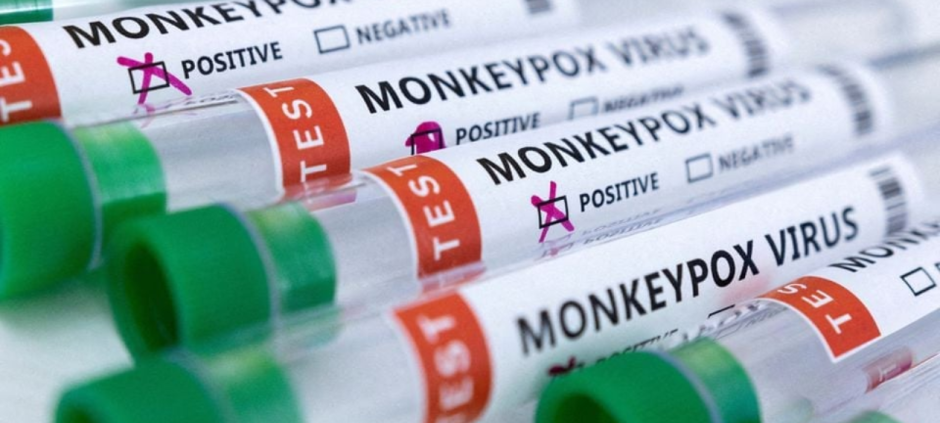The World Health Organization (WHO) announced on Friday that mpox remains a public health emergency of international concern due to a surge in cases and the virus’s continued spread across regions. This decision follows a meeting of the WHO’s Emergency Committee, which advised maintaining the high-alert status first declared in August 2022.
Key Points of WHO’s Announcement:
- Surge in Cases: The WHO attributed the ongoing emergency status to an increase in mpox cases and the virus’s spread beyond its origins in the Democratic Republic of Congo (DRC). Initially confined to Africa, the virus has since spread to neighbouring African countries and parts of Europe and Asia.
- New Variant: The new mpox variant, known as clade Ib, has been reported in several countries, including the UK, Germany, Sweden, and India. The WHO emphasized that this variant contributes to the continuing threat.
- Global Spread: More than 46,000 suspected cases have been reported in Africa, particularly in Congo, with over 1,000 suspected deaths. Health officials stress that while the disease is typically mild, it can be fatal, especially in regions with limited healthcare access.
- Ongoing Challenge: Despite the progress made in combating the virus, the WHO cited operational challenges on the ground and the need for continued collaboration among nations and health partners to combat the outbreak effectively.
- Vaccination Efforts: The WHO authorized the use of mpox vaccines to control the outbreak. This includes Bavarian Nordic’s mpox vaccine, along with KM Biologics’ vaccine from Japan. Vaccination is seen as a crucial strategy, particularly in high-risk regions.
Conclusion:
The WHO’s decision to maintain the emergency designation underscores the global health risks posed by mpox and the urgency for a cohesive global response, including vaccination, public health awareness, and international collaboration to curb the virus’s spread and reduce fatalities.











